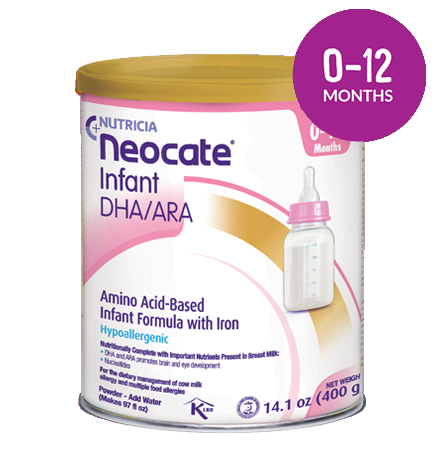 Food Allergy & Anaphylaxis Connection Team (FAACT)
Food Allergy & Anaphylaxis Connection Team (FAACT)
A national nonprofit organization that educates, advocates, and raises awareness for all individuals and families affected by food allergies and life-threatening anaphylaxis. Whether it’s keeping children safe at school, responding to food allergy bullying, traveling, preparing for college, dealing with workplace issues, or simply taking the family out for dinner, FAACT has all the facts you need to manage food allergies and stay healthy. FAACT is a voice for food allergy awareness.
 Food Allergy Research & Education (FARE)
Food Allergy Research & Education (FARE)
A nonprofit organization formed in 2012 through a merger of the Food Allergy & Anaphylaxis Network (FAAN) and the Food Allergy Initiative (FAI). FARE works on behalf of the 15 million Americans with food allergies, including all those at risk for life-threatening anaphylaxis.
 GIKids
GIKids
Provides information for kids and parents on digestive and nutritional disorders, including cow milk allergy. This site provides easy-to-understand information about the managing pediatric digestive conditions. Learn how they are diagnosed, the treatment and management, and explore the patient and parent resources.
 Kids with Food Allergies
Kids with Food Allergies
Kids with Food Allergies offers daily assistance and practical food allergy management help. It has a large online peer support group focused on children’s food allergies — a good place for giving and getting help with food ideas, recipes, and cooking challenges.
Registration is free.

 Food Allergy & Anaphylaxis Connection Team (FAACT)
Food Allergy & Anaphylaxis Connection Team (FAACT) Food Allergy Research & Education (FARE)
Food Allergy Research & Education (FARE) GIKids
GIKids Kids with Food Allergies
Kids with Food Allergies







